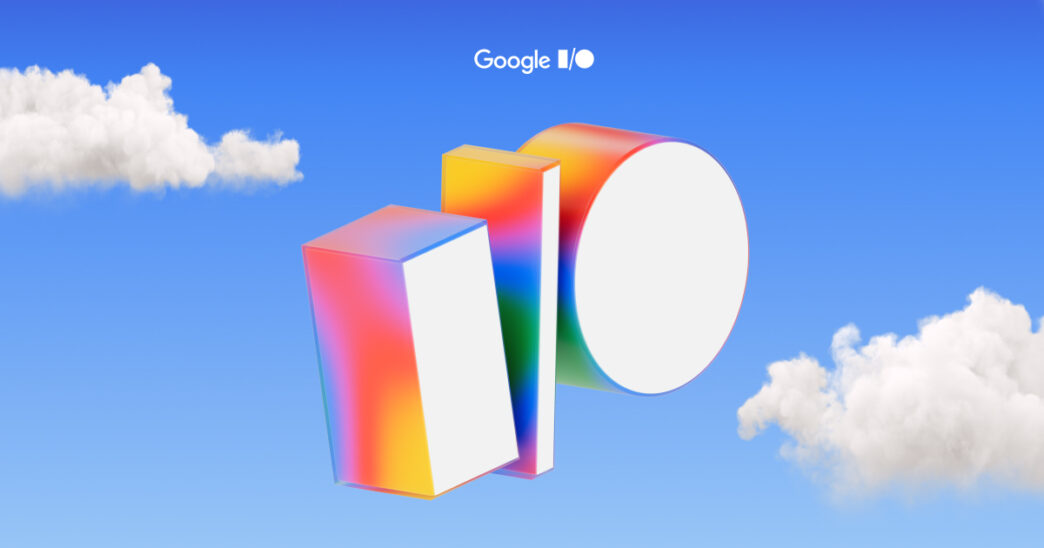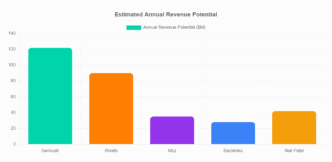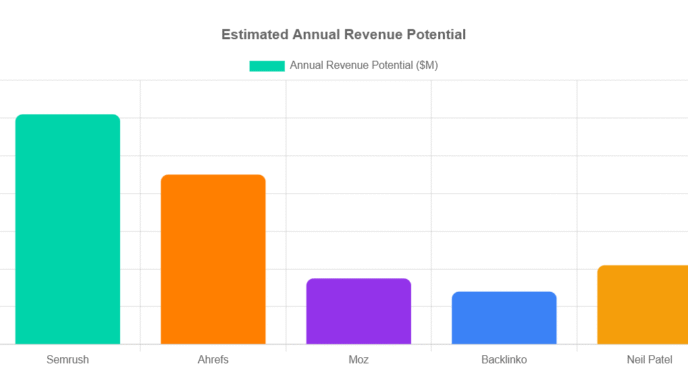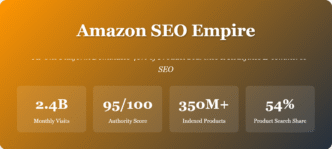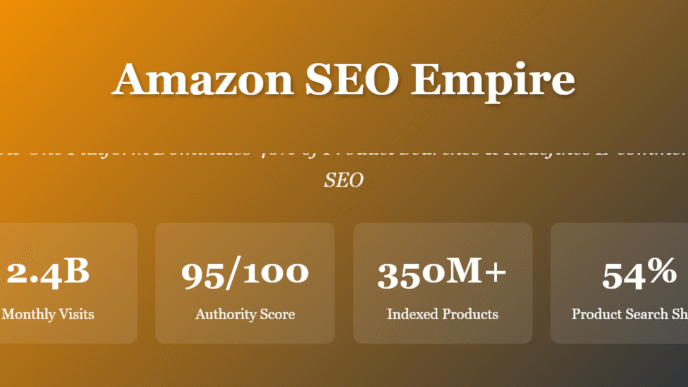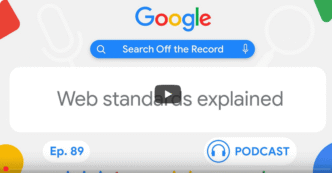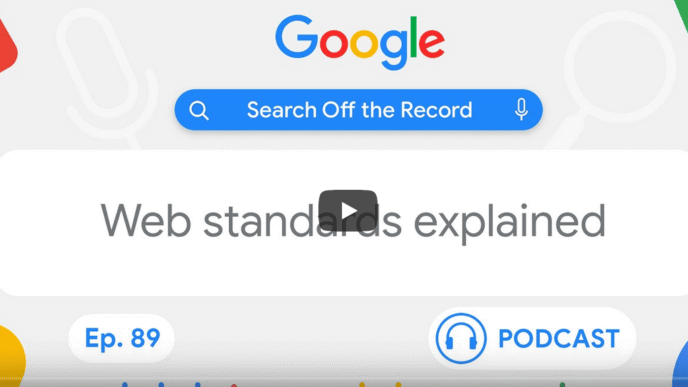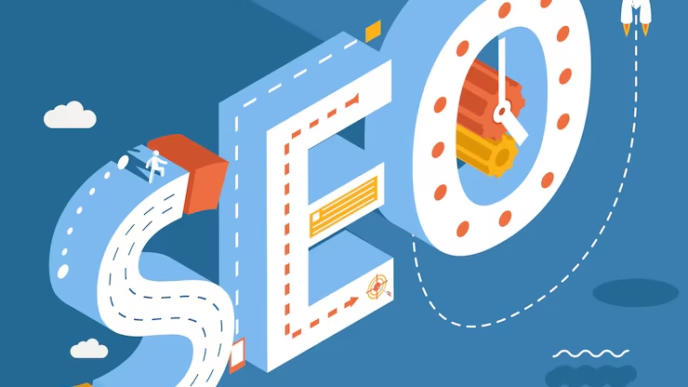June 22, 2025 – Google CEO Sundar Pichai outlined the company’s accelerated AI development timeline and personalization-focused roadmap at the annual I/O developer conference, signaling a fundamental shift in how the tech giant approaches product development and user experience.
Table of Contents
Toggle
🚀 Major Announcements:
AI Mode Transforms Search Experience
- New AI Mode launches in the U.S. today as a dedicated Search tab
- Users asking 2-3x longer queries than traditional searches
- Gemini 2.5 rolling out to Search this week
- AI Overviews now serving 1.5 billion users across 200+ countries
- 10% growth in query types showing AI Overviews in major markets
Personalization Revolution
- Personal context integration across Google apps with user permission
- Personalized Smart Replies in Gmail launching later this year
- AI can search past emails and Google Drive files to craft contextual responses
- System matches user’s tone, style, and word choices
Gemini 2.5 Enhanced Capabilities
- Gemini 2.5 Flash improved across reasoning, multimodality, and code
- Deep Think reasoning mode introduced for Gemini 2.5 Pro
- Second-ranked on LMArena leaderboard behind only 2.5 Pro
Gemini App Major Updates
- Deep Research gains file upload and Google Drive/Gmail integration
- Canvas integration for creating infographics, quizzes, and podcasts
- Gemini Live camera and screen sharing free for all users, including iOS
- Vibe coding enabling app development through conversation
Generative Media Breakthrough
- Veo 3 video model with native audio generation
- Imagen 4 latest image generation model
- Flow tool for filmmakers to create and extend cinematic clips
📊 Strategic Analysis:
The Acceleration Strategy
Pichai’s emphasis on “shipping faster than ever” represents a dramatic departure from Google’s traditionally cautious product rollout strategy. The company is now prioritizing rapid deployment over perfectionism, driven by competitive pressure from OpenAI and Microsoft.
Key insight: “We want to get our best models into your hands and our products ASAP” signals Google is in a race for AI dominance, abandoning the luxury of extended development cycles.
Personalization as Competitive Moat
The focus on personal context across Google’s ecosystem represents the company’s biggest strategic advantage over competitors. Unlike standalone AI models, Google can leverage:
- Gmail data for communication patterns
- Google Drive for document history
- Search history for behavioral insights
- Cross-platform integration that rivals cannot match
Search Evolution Implications
AI Mode’s success metrics are telling:
- Users are fundamentally changing how they search (longer, more complex queries)
- 10% growth in AI Overview queries suggests user behavior shift is accelerating
- Traditional keyword-based SEO strategies may become increasingly obsolete
Developer Strategy Pivot
The emphasis on Gemini 2.5 Flash’s popularity with developers indicates Google is prioritizing the developer ecosystem as a key battleground. Speed and cost efficiency are becoming as important as raw performance.
🔍 Industry Impact:
For Content Creators & Publishers:
- AI Overviews dominance may further reduce organic traffic to websites
- Need to optimize for longer, conversational queries
- Traditional SEO strategies require fundamental rethinking
For Competitors:
- Microsoft/OpenAI face Google’s ecosystem advantage in personalization
- Meta and others lack the data integration capabilities Google demonstrated
- Apple may struggle to match cross-platform AI integration
For Enterprise Users:
- Workspace integration with AI could accelerate Google’s enterprise adoption
- Privacy concerns around personal context may create enterprise hesitation
- Productivity gains could justify premium pricing strategies
🚨 Critical Questions:
- Privacy Trade-offs: How will users react to deeper personal data integration?
- Accuracy Concerns: Can Google maintain search quality with faster AI deployment?
- Monopoly Implications: Does this level of ecosystem integration raise antitrust concerns?
- Developer Dependency: Will the focus on speed over standards create technical debt?
Bottom Line: Google I/O 2025 reveals a company betting heavily on AI personalization and rapid deployment to maintain search dominance. While the strategy shows promise, success will depend on balancing innovation speed with privacy concerns and maintaining the search quality users expect. The announcements suggest we’re witnessing the beginning of a fundamental shift from information retrieval to AI-powered personal assistance.
Source: Blog Google
Related posts:
- Google I/O 2025 (Main Focus Keyword): A Complete Analysis of Gemini 2.0 and AI Agents
- June 2025 AI & SEO News Roundup: The Latest Updates You Need to Know
- AI Search and SEO: How the Industry is Navigating a “26-Mile Sprint”
- Google Launches AI Mode Globally, Unveiling an AI-Powered Search Assistant to 180 Countries


